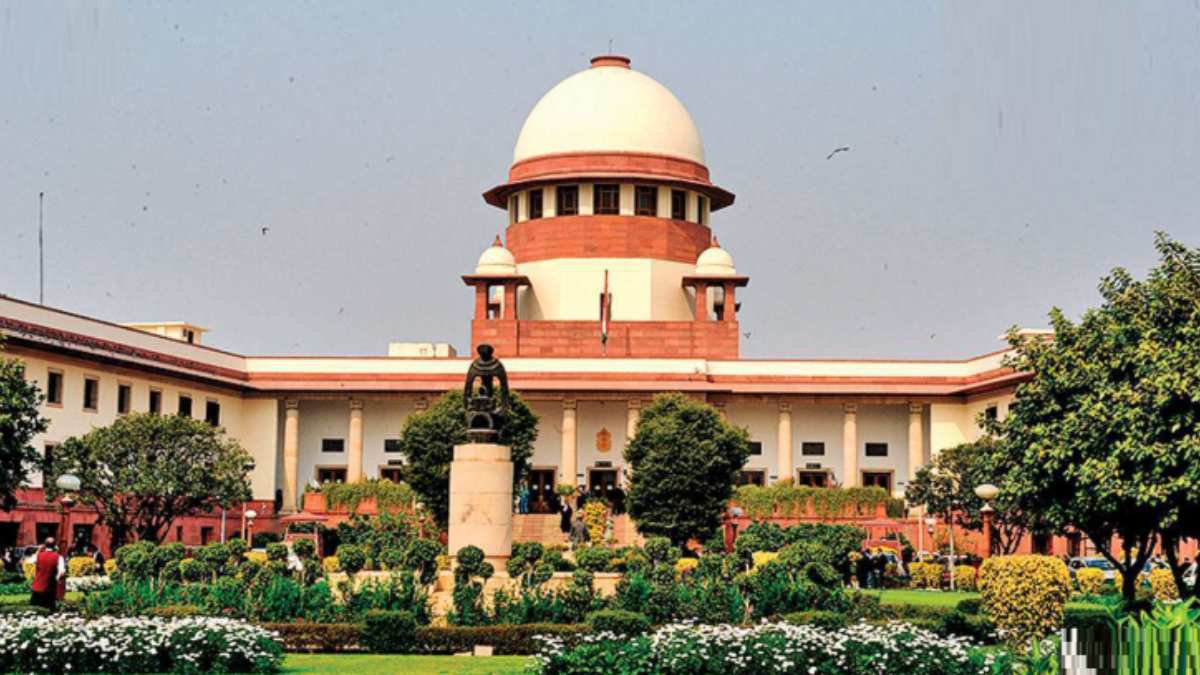


The Prashant Bhushan case has rekindled the debate between freedom of speech & expression and contempt of court. This debate, however, doesn’t stop here. It also puts focus on issues like individual conscience, collective conscience, individual integrity, institutional integrity and public interest. The lawyer-activist is held guilty of contempt for his tweets criticising the Chief Justice of India and the Supreme Court and has been fined Re 1 by the top court. His tweets were considered scandalous, and without any bona fide intent and public interest.
Bhushan, while defending his conscience and tweets, among other arguments, quoted Mahatma Gandhi and said: “I do not ask for mercy. I do not appeal to magnanimity. I am here, therefore, to cheerfully submit to any penalty that can lawfully be inflicted upon me for what the Court has determined to be an offence, and what appears to me to be the highest duty of a citizen.” Both the events are vastly different, as Mahatma Gandhi mentioned this statement during his fight against an oppressive rule of the British colonial government, while threatening the very existence of the biased, authoritative and unjust judiciary, whereas Bhushan mentioned it with an intent to impress upon the court about his belief being true, bona fide and in the public interest, which therefore needed a larger debate and public scrutiny. He didn’t mean to threaten the institution per se. For Bhushan, here, the duty of a citizen probably means adhering to one’s own conscience, abiding by truth and bringing the wrong of an institution before the society for necessary corrective measures.
Individual conscience is a moral compass and a person’s moral sense of right and wrong. It is often regarded as an acting guide to one’s own behaviour. A person of integrity and values is expected to follow his/her conscience, and adhere to the right conduct. Bhushan did the same while declining to apologise to the court for his tweets. However, conscience alone may not always guide an individual to the right path. Further, holding individual conscience doesn’t give an unrestricted licence for any expression or action. We all live in a democratic society, bound by rules and regulations and institutional overseeing mechanisms. The individual conscience could be held higher to the extent it fails short of threatening the very existence of the institution.
For any action to be right it is important that ‘means’ and ‘end’ both are right. The ‘end’, with an intent of correcting institutional wrongs, if any, could be right, but the ‘means’ adopted, by putting out the allegations over Twitter, could be questioned. Was putting out information over social media the only avenue left to correct the considered “wrongs” of the institution? Was it appropriate for a lawyeractivist, who served as an integral part of the institution for more than four decades? Were other avenues exhausted before blowing the whistle? Did it really serve the purpose of public interest, or had it just sensationalised the issue? These questions remain unanswered.
Institutional integrity means an institution performs its duties in line with its intended purpose, in a transparent, objective and ethical manner, in the interest of the public, for whom it is established. The Supreme Court, being the torchbearer, is meant to uphold the Constitution and serve the justice at large. It is also its responsibility to bring an order into the conduct of judges and its own actions.
It is important to understand that tweets are often not just tweets; they have the potential to spread information/misinformation like a wildfire. Bhushan has more than 1.7 million followers on his Twitter handle and tweets by their nature have potential to viral the content through its atomic chain reaction-like spread and its imprints through traditional media platforms. Therefore, calling out tweets as mere tweets may not be an appropriate expression.
Further, an action is considered in the public interest if it serves the general well-being of the society. But one has to be careful in pushing one’s ideas on social media, especially when it comes to a constitutional body with immense credibility. The Supreme Court, being one of the pillars of democracy, is considered the last resort of justice for the common man. Any allegation of corruption, nepotism, partisanship has an effect on the trust people have on the judiciary. The action could be considered in the public interest, if an insider resorts to the internal mechanisms which help in improving transparency and objectivity of the institution, without threatening the institution per se. Do the tweets serve this purpose?
As these questions emanating from the case remain unanswered, it is essential to note that we all live in a society where strong democratic institutions are the need of the hour. These institutions are expected to work for the people at large, without any fear or bias. It is the duty of every individual to strive to strengthen the very foundation of these institutions, to keep them standing tall, for the times to come. In the process, one needs to be careful enough in his/her act, as too strong a pressure could shake the foundation, sometimes!
Someone like Bhushan, who commands respect and following, should be extra cautious while using social media platforms like Twitter. As a single tweet by them, unlike a common man’s, could have a damaging impact on the repute of individuals and institutions, both. Freedom of speech and expression for such individuals, probably, comes with a higher degree of restrictions and responsibilities. As the saying goes, “With great power comes great responsibility!”
The writer is an Indian Information Service officer currently working with the I&B Ministry, and is also an author of the book ‘Ethics, Integrity and Aptitude’ published by McGraw-Hill Publication. Views are strictly personal.